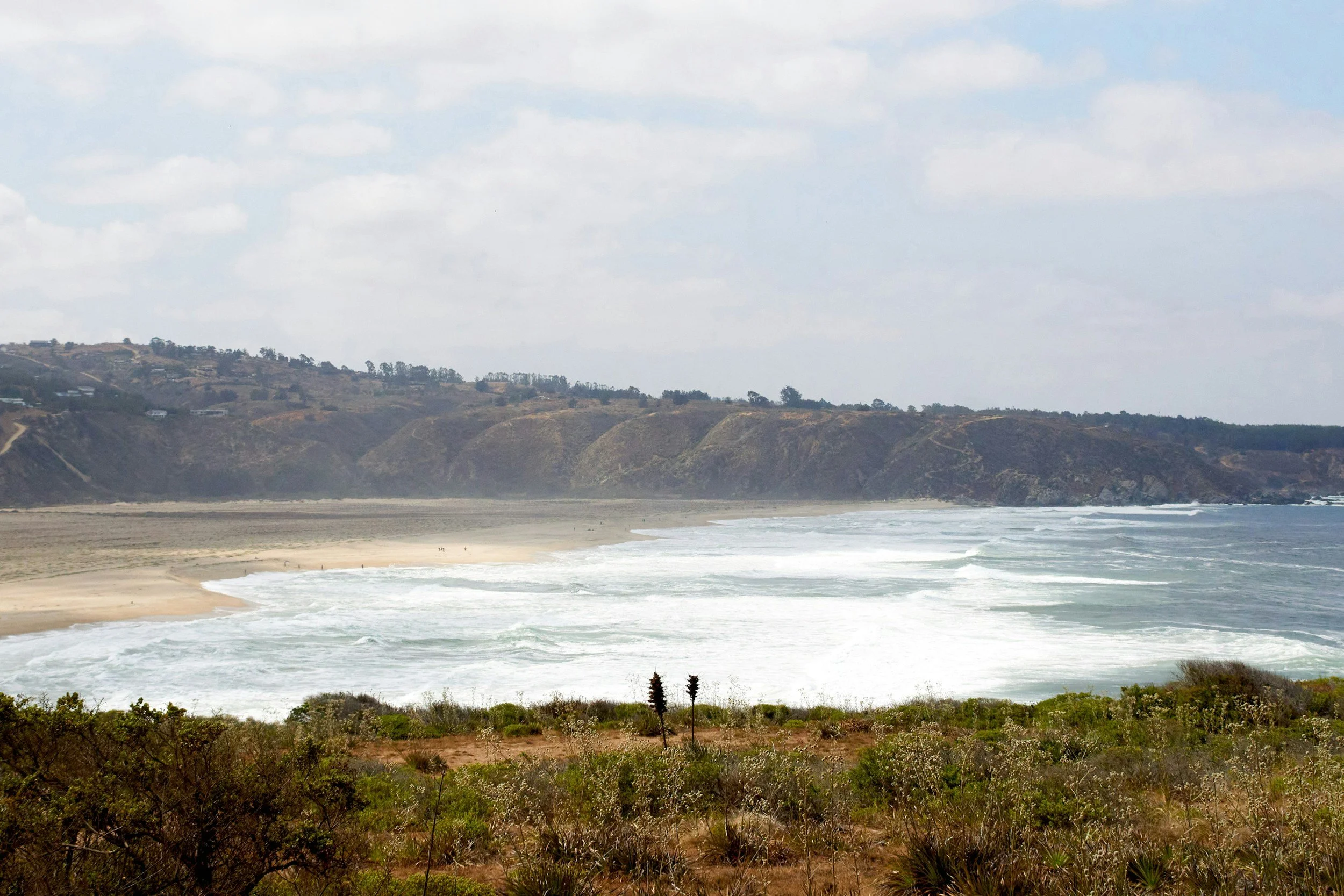
Karen Taylor
Non Formal Educator Award Recipient
The California Environmental Education Foundation (CEEF) is thrilled to bestow its first Excellence in Environmental Education Award for Non-formal education to Karen Taylor for 2025. This award marks the first time that CEEF is recognizing a non-formal educator. Karen is the co-founder and co-director of Ground Education which brings nature spaces and high-quality garden-learning to 15,000 students in 30 Long Beach public elementary schools.
The goal of Ground Education is to build, nurture, and activate school gardens to increase access to nature and healthy food, support mental health, and make learning fun. Karen ensures that every student gets to dig in the dirt, taste the products of their hard work, and make important connections to classroom concepts.
Since 2008 Karen has developed a robust curriculum, starting at the pre-K level, that is carefully aligned to California’s Next Generation Science Standards and State frameworks. Karen’s family background is in farming which nurtured her love of the outdoors, and combined with her degree in zoology, she collaboratively developed an Eco–STEAM Garden learning approach that guides the teaching services of 25 part-time educators at Ground Education.
The gardens, nature paths, and play areas, which are constructed by the Ground Education staff alongside the Long Beach Unified School District, provide a gateway to teach environmental literacy and enable students to observe natural phenomena, such as seeing how plants can attract butterflies and birds. Karen credited the greening of 30+ schools to embracing “shared vision and collaborative work; that’s really the key.” Students also learn about the history and the politics of food access in the context of social studies and explore topics related to climate and seasons.
Before reliable irrigation was installed, Karen was known to climb the fences at some schools to water the plants during the summers to ensure students would return to vibrant and welcoming gardens in the fall. Fortunately fence climbing has become unnecessary because the gardens are now visited by professional horticulture staff every week to ensure proper irrigation and safety.
This Eco-STEAM approach encourages students to utilize critical thinking while learning about plant anatomy, decomposition and vermiculture, ecology, pollination, life cycles, food systems, and the important roles of local wildlife in supporting our planet’s well-being. These topics are embedded in cross-curricular lessons that every student participates in during their school year and are a part of the district-approved instructional minutes.


